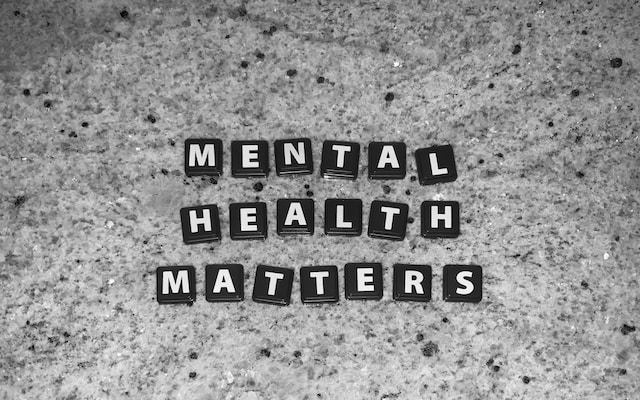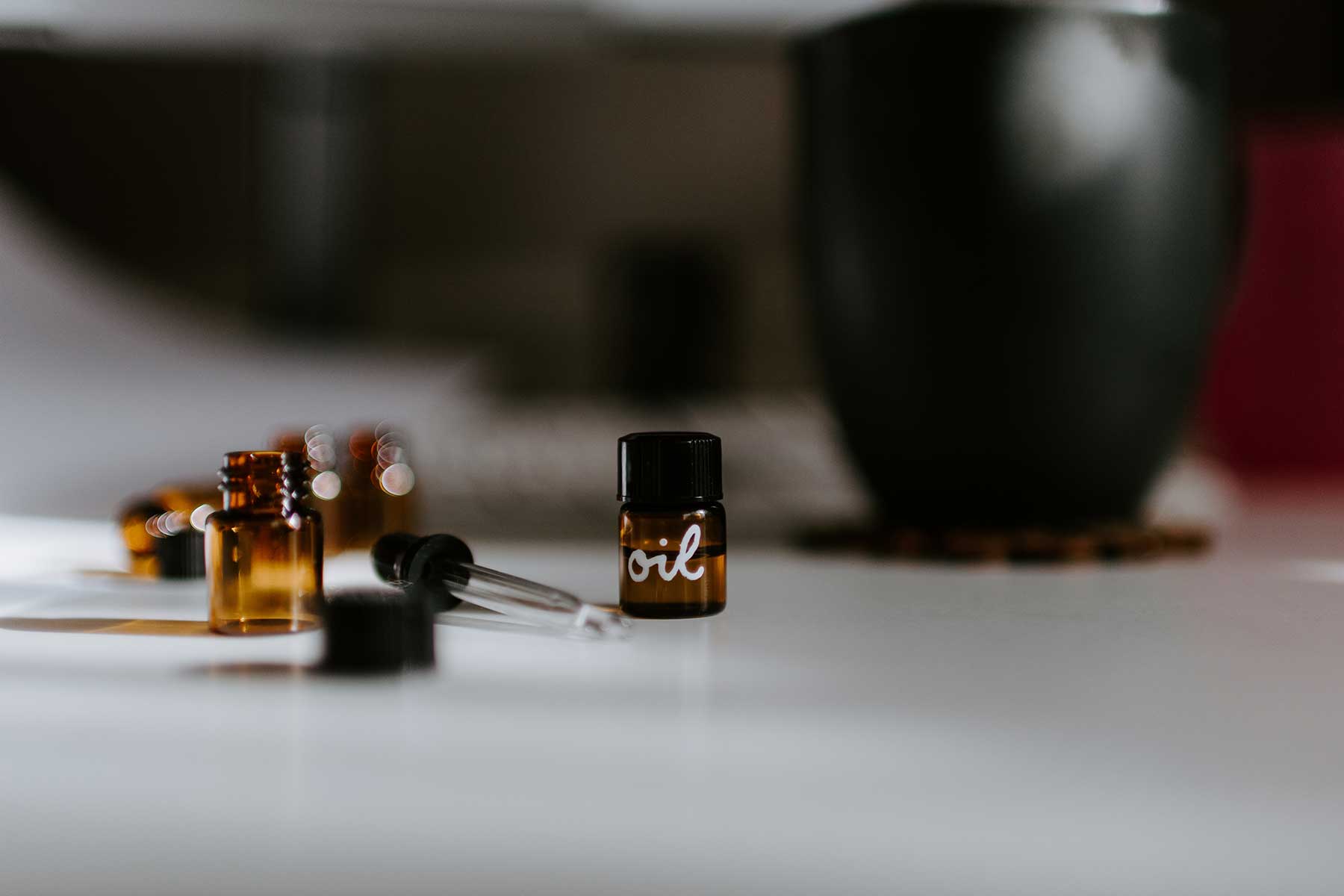Have you ever thought about why it’s hard to talk about how you feel inside your head? Mental health is all about how your thoughts and feelings affect your life. But sometimes, even when you know you need to, talking about it feels tough.
That’s why it’s so important to bring mental health out into the open. When you share what’s on your mind, it can make you feel better and help others too. It’s like when you have a bad cough, and talking about it gets you the help you need.
In this blog, you’ll learn why it’s good to chat about your mental health. You’ll also see how something called CBD or Delta 8 might play a part in these talks. Some people say it helps them relax or feel less worried. Keep reading to find out more about why these chats matter and how they could make a big difference in how you feel every day.
What Is Mental Health?
Mental health is about your feelings, thinking, and behavior. It affects how you handle stress, relate to others, and make choices. It’s just as important as your physical health because it shapes how you live your life, from making friends to getting and keeping a job.
Think of mental health as a scale, with happiness and coping well on one end and feeling really down or stressed out on the other. Everyone’s place on this scale can change with different things that happen in life. Good mental health doesn’t just mean you’re free from conditions like depression or anxiety. It also means you’re able to bounce back from bad times, feel safe and confident, and enjoy life.
Common Mental Health Issues
You or someone you know might have faced mental health issues without even realizing it. These are problems like feeling super sad (depression), worrying a lot (anxiety), or having intense mood swings (bipolar disorder). These issues can make everyday things hard, like sleeping, eating, or feeling excited about life. Sometimes, people struggle to focus at work or feel too scared to go out and see friends.
The Daily Impact
When your mental health suffers, daily tasks can feel like climbing a mountain. Simple stuff like shopping or talking with family can be tough. You might feel alone, even when there are people around who want to help. This can make you feel like you’re stuck in a dark place without an exit.
Facing the Stigma
Unfortunately, there’s a big problem called stigma that can make things worse. Stigma is when people judge you because they don’t understand what you’re going through. This can make you feel ashamed or scared to ask for help. You might worry that people will treat you differently or won’t believe you’re really hurting.
It’s like when someone has a broken arm, everyone can see it, and they understand why that person can’t use it. But with mental health problems, it’s not always easy to see what someone is dealing with, so others might not get why you can’t just “snap out of it.”
Breaking the Stigma with Open Talk
Have you ever kept quiet about feeling down because you were afraid of what others might say? Many people do, but keeping it all inside only makes things heavier to carry. Talking can chip away at the big wall of misunderstanding that stands around mental health. When you talk about your struggles, it encourages others to do the same. This can make everyone realize it’s okay to have these problems and it’s okay to seek help.
The Good in Sharing
You know how sharing a problem with a friend can make it feel smaller? That’s one of the big pluses of talking about mental health. Here are a few more:
- You don’t feel so alone: Knowing others have been where you are helps a lot.
- It can lighten your load: Just getting it out can make your mind a bit more peaceful.
- You can find out new ways to cope: Others might have tips that can help you out.
- It helps you understand yourself better: Sometimes, you don’t know how much something’s bugging you until you say it out loud.
Knocking Down Walls
But let’s be real, talking about mental health isn’t always easy. You might not know how to start, or you might be scared that people will look at you funny. Here’s how you can get past that:
- Find the right moment: Choose a quiet, private time to bring up how you’ve been feeling.
- Choose someone you trust: A friend, family member, or counselor who listens without judgment can make a big difference.
- Remember it’s a strength, not a weakness: It takes guts to be honest about your struggles.
- Know you’re not the problem: You are not your mental health issue. It’s just a part of life, like a cold or the flu.
Cannabis and Mental Health
Mental health is a big topic, and sometimes the things that help can come from places you might not expect. You might have heard of CBD or Delta 8, but what are they really?
How cannabis effects mental health?
Scientists are studying CBD and Delta 8 to see how they affect mental health. Some studies suggest that CBD may help with anxiety and could make it easier for you to sleep. Others are looking into how Delta 8 might help you feel calm without feeling confused or too sleepy. It’s early days, but the research is pretty exciting. It means there might be new ways to help people who are struggling with their mental health.
Stories That Give Hope
You’ll want to hear about real people who say CBD or Delta 8 has helped them. Like a student who was so stressed out that she couldn’t sleep. She tried CBD oil and found that it helped her relax and get a good night’s sleep. Or a man who had terrible anxiety that made it hard for him to go out and meet friends. He started using a Delta 8 product and felt his worry melt away enough to start socializing again.
How to Facilitate Open Conversations
Talking about mental health can seem tough, but it’s easier with a few simple steps. If you want to start a conversation about it, here’s how to go about it.
Tips for Starting the Talk
- Pick the Right Time and Place: Choose a quiet time to talk when you’re not rushed and a place where you’re comfortable and won’t be interrupted.
- Use “Feeling” Words: Start by saying how you feel. For example, you can say, “I’ve been feeling really tired lately” or “I get really anxious when…”. It makes it easier for others to listen and understand.
- Be Honest: If you’re worried or scared, it’s okay to say so. This honesty can help others open up too.
Creating a Safe Space
A safe space means people can talk without fear of being judged or told they’re wrong. Here’s what you can do:
- Listen More: When someone else is talking, just listen. Don’t rush to give advice or solve their problems.
- Keep It Private: If someone shares something personal with you, don’t tell others. It’s their story to share, not yours.
- Stay Calm: Even if you’re surprised by what you hear, keep cool. If you’re calm, they’ll feel they can keep talking.
Encourage Empathy and Understanding
Empathy means feeling with someone, not for them. Here’s how to show it:
- Say You Get It: Even if you haven’t been through exactly what they’re talking about, you can still understand it hurts or is hard.
- Avoid Blame: Never make someone feel like their mental health is their fault.
- Offer Support: Sometimes, all you need to say is, “I’m here for you.”
Role of Healthcare Providers and Community in Promoting Mental Health Conversations
Your doctor or nurse can be a big help when you’re feeling mentally unwell. They can talk to you about different ways to get better, including treatments like CBD or Delta 8. But first, they need to learn how to talk about these options safely and clearly. That’s why training is important. It teaches them the right words to use so you can understand your choices.
Community Programs
Your community might have programs that make it easier to talk about mental health. These can be meetings where people chat about their own experiences or workshops where you learn about mental health. They might talk about what CBD or Delta 8 is and how it might help some people.
By joining in, you can learn a lot and you might feel more okay about your own struggles. Plus, you get to meet others who are like you. That can make a big difference because you’ll see you’re not alone. Talking out loud about mental health with neighbors and friends makes it a normal part of life. And that’s a good thing for everyone.
Wrapping Up
With mental health care, you can be part of the change for better. It is very crucial to have open chats about mental health. This includes learning about CBD or Delta 8, talking freely, and finding help when you need it.
Acceptance and support from people around you can make a huge difference in feeling well. Keep learning and talking about mental health. It’s a way to help yourself and others too. Remember, every conversation can be a step toward better understanding and less stigma. So keep the dialogue going, and let’s make sure everyone gets the support they deserve.




